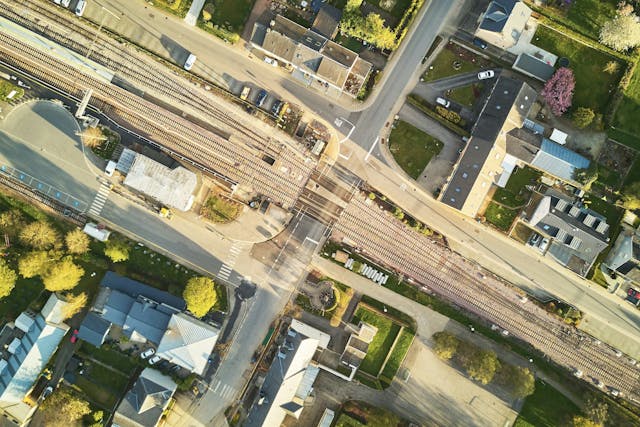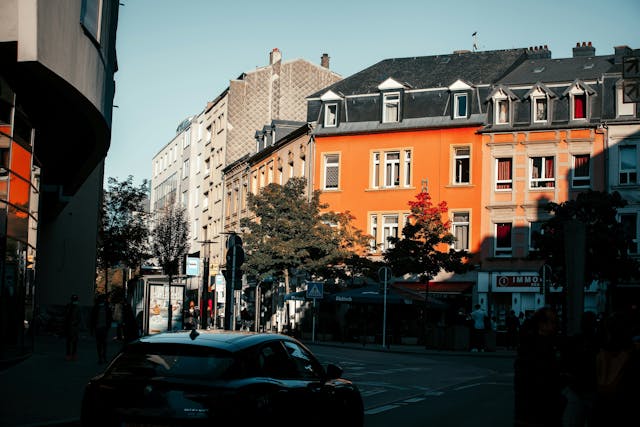One in eight Europeans complains about rubbish

Getty Images
According to Eurostat data published on 1 September 2025, in 2023, 12.2% of the European Union's population said that their neighbourhood is affected by pollution, dirt or other environmental problems affecting daily life. Although this value has decreased compared to 2019 (15.1%), it remains a worrying indicator of habitat quality.
The highest proportion of complaints was recorded in Malta (34.7%), where one in three residents reported pollution problems. This was followed by Greece (20.5%) and Germany (16.8%). In contrast, in Croatia (4.2%), Sweden (5.0%) and Slovakia (5.8%), the level of dissatisfaction with the environment remains the lowest in the EU.
One of the most striking trends is the direct correlation between the level of urbanisation and the perception of pollution. In rural areas, only 6.8% of people reported problems, while in cities this figure rises to 17.2% - almost three times higher. This emphasises not only the concentration of polluting sources in megacities, but also the growing sensitivity of urban dwellers to issues of air quality, noise and the availability of clean public spaces.
Interestingly, the perception of pollution is a subjective but important indicator. It often reflects not so much the actual levels of pollutants, but rather how comfortable and safe a person feels in his or her environment. And if one in eight Europeans believes that their environment is polluted, this is already a political and social signal.





